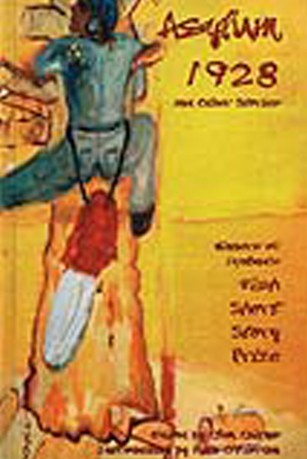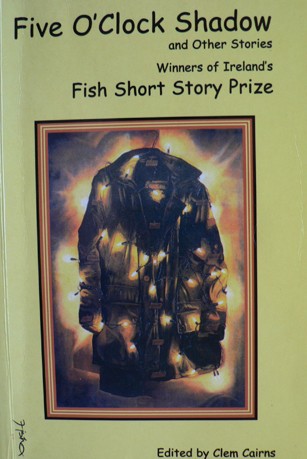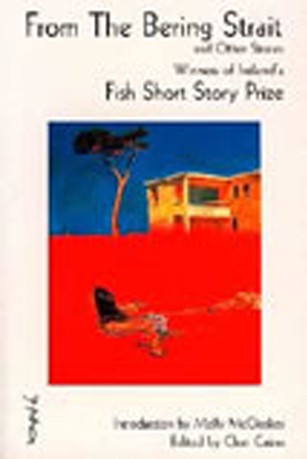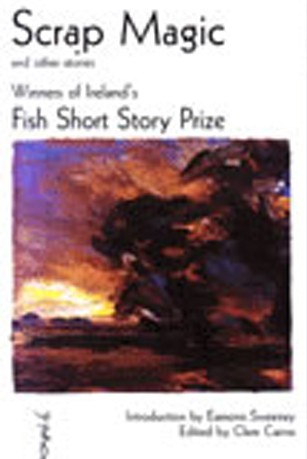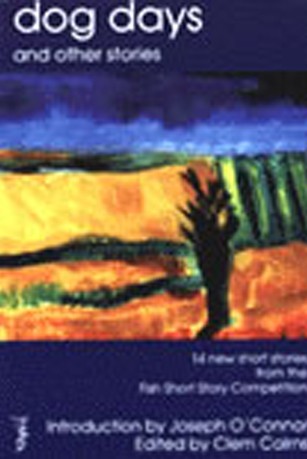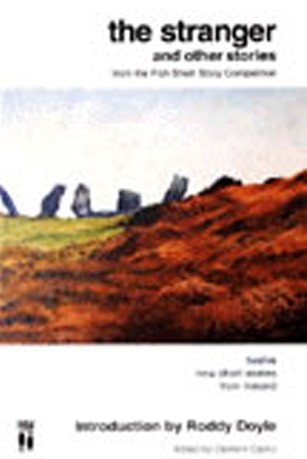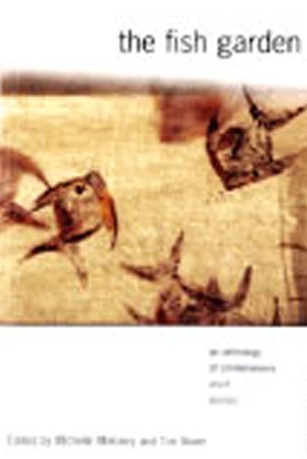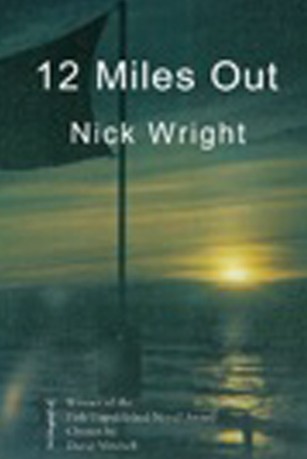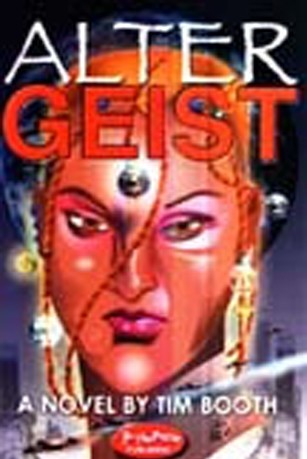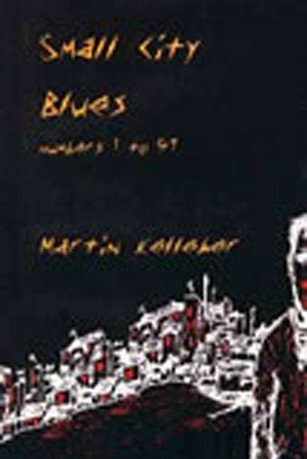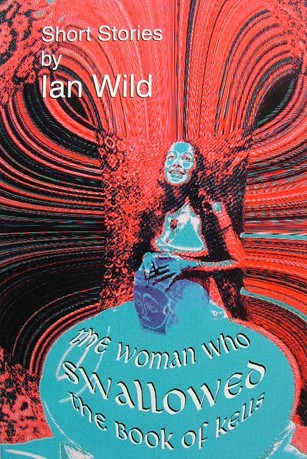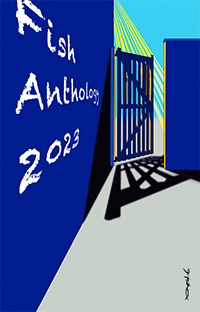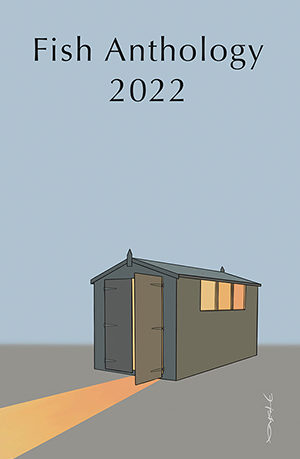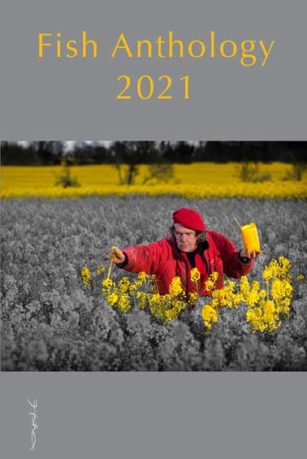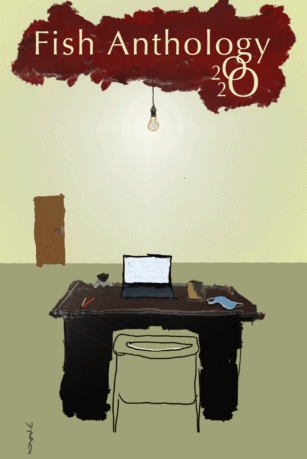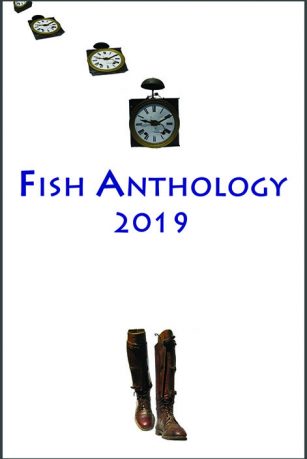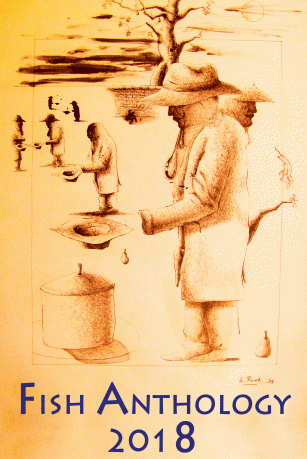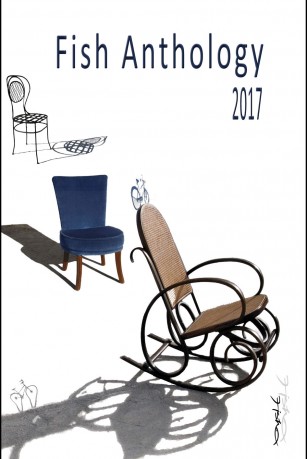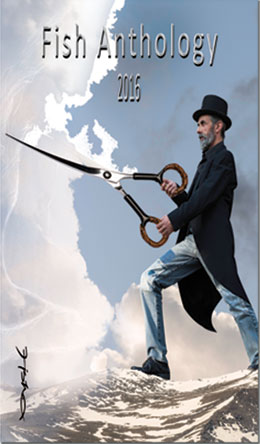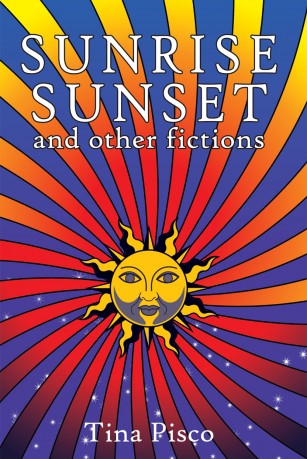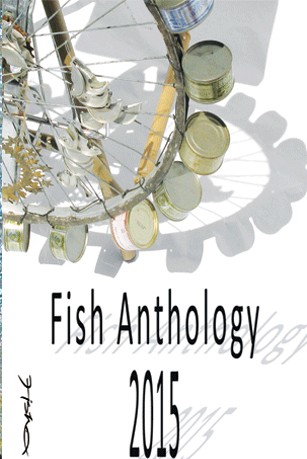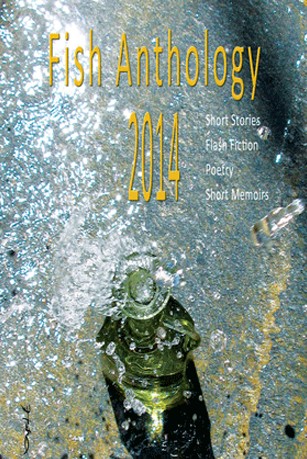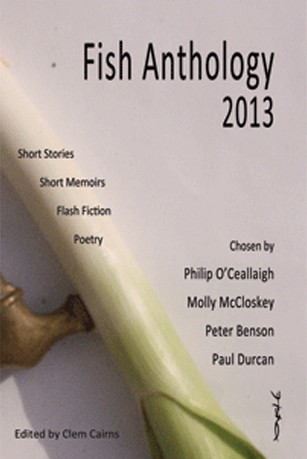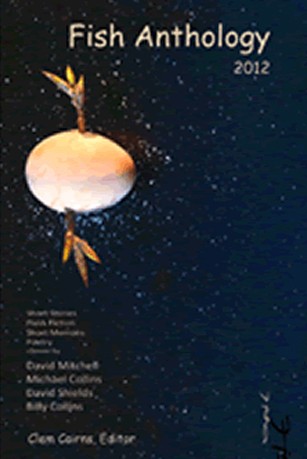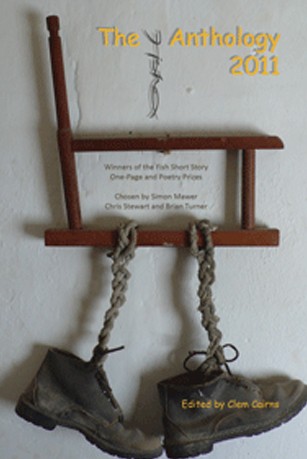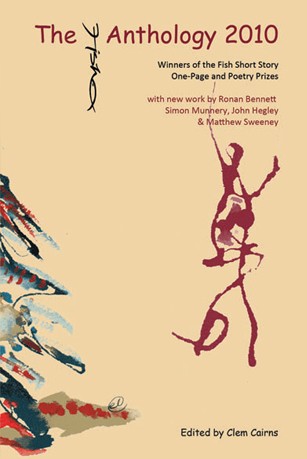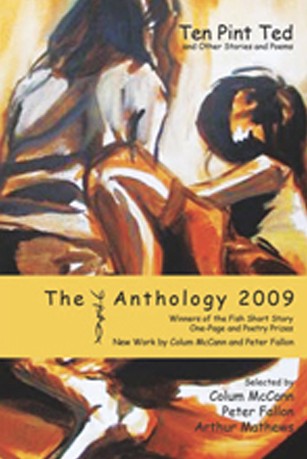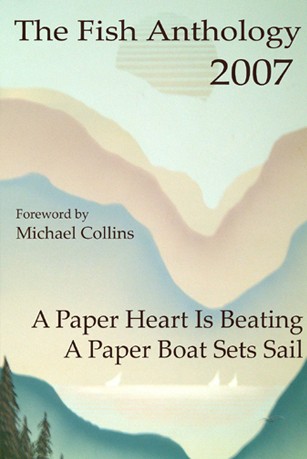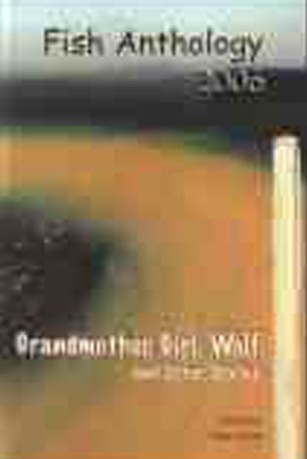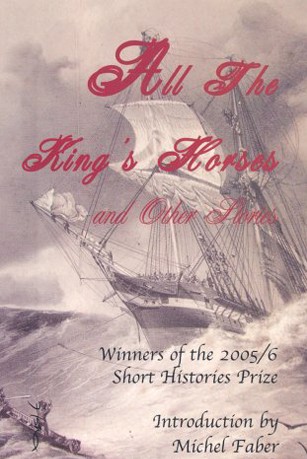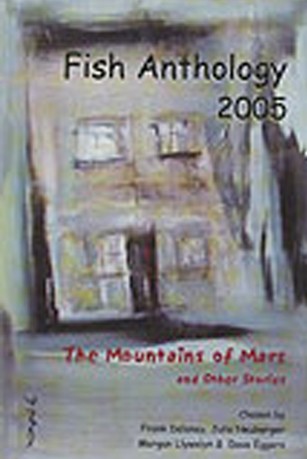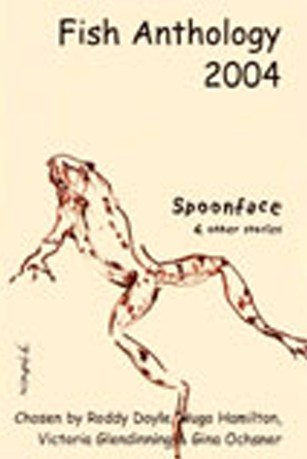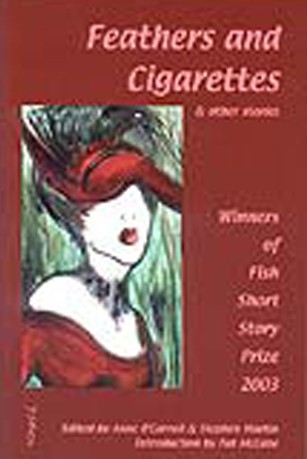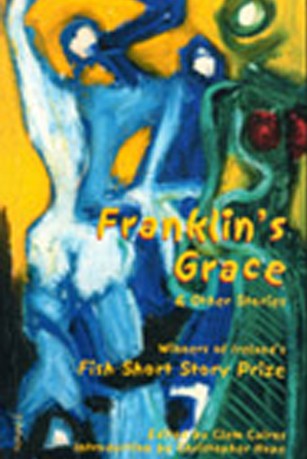
Franklin’s Grace
ISBN: 0-9542586-0-6
Introduction by Christopher Hope
It’s supposed to be a short form, the good story, but it has about it a largeness I love. There is something to admire in all these tales, these strange, insistent inventions… they take place in a rich and satisfying mixture of places, countries of the mind and heart, ranging from the deadly streets of Sarajevo to the wilder shores of love. Find one you like and it could take you to places you never would have thought of and, maybe, places where you’d rather not be. What would you like to read about? Chaos Theory, China, sex, the Holocaust, bereavement, Elvis Costello, dwarfism? All of it is here, in these stories, in revealing forms.
That is another disturbing thing about the story. What it exposes about the writer, and where it leads the unsuspecting reader. It’s a refinement of the art of living dangerously. You only get one chance at it. There is something of the gambler’s throw in a decent tale: writing them or reading them. Who knows what you lose or win. People say the short story most resembles poetry, but I think it is rather more like music. It is melody. Once you get the tune of it, you simply can’t shake it out of your head.
There is something to admire in all these tales, these strange insistent inventions, and one can never apologise enough to the runners-up because it is a hard business, writing, and I would do nothing to discourage anyone form taking it on. On the other hand, I would never knowingly encourage anyone who didn’t have a touch of madness and a love of risk, to even contemplate something as difficult, or so financially disastrous, as writing short stories. Judging stories, like judging most writing, is a mug’s game. You read, you reach for the tune of the piece, you pick up its beat, you consult your feelings. Finally your choice is going to be pretty arbitrary. And so it was for me, when the reading of the stories stopped and the judging had to begin.
Of course short lists are drawn up be people of very dissimilar tastes, and it always shows. It’s a hunch you have, it’s a little like putting money on a horse, and if anyone else tells you differently, then they’ve never sat on a literary jury. Competitions for writers are a form of horse-racing, and races are best left to jockeys, punters, bookmakers, and people in funny hats. Writing is anther matter. But there it is, you whittle down the field, they run, you pick a winner.
The winner we chose is ‘Franklin’s Grace’ by Catherine L. Dowd. It has all the light authority you want in a fine piece of fiction, it is compressed – and this is always hard to do – yet filled with space. The sense of it carries and rings naturally on the ear. It is like something you overhear. I don’t mean to suggest that it meets requirements, because there are none. There are no rules about what makes a god short story, any more than there are rules about what makes a good love affair. There is just the magic when it happens at all. – Christopher Hope
Contents
Franklin’s Grace – Catherine L. Dowd
Letting Go – David Gardiner
Change – Elizabeth Iddon
On the Lost and Broken Shore – Brendan Glacken
Me, Vermeer and Colin – Ann Jolly
Found Wanting – Mia Gallagher
Life Kit #1 – Jules Horne
Cherokee Ches – David Ballantine
Chaos Theory – Jane Ellis
Miss No-Name – Helen Kitson
The Drop Outs – Áine Greaney
Read this story in Short Stories to Read Online
Praying to Tiger – Richard Lewis
the one that got away – Judy Kravis
Please, Kill Him – Michael Sposito
Gary No Hands – Nick Wright
Rain Flies – Cliff Chen
Wet Dreams of a Dirty War – Andrew McIntyre
A Long Wait for Gavin – Vicky Woodcraft
Rose Petal Blues – Joyce Russel


